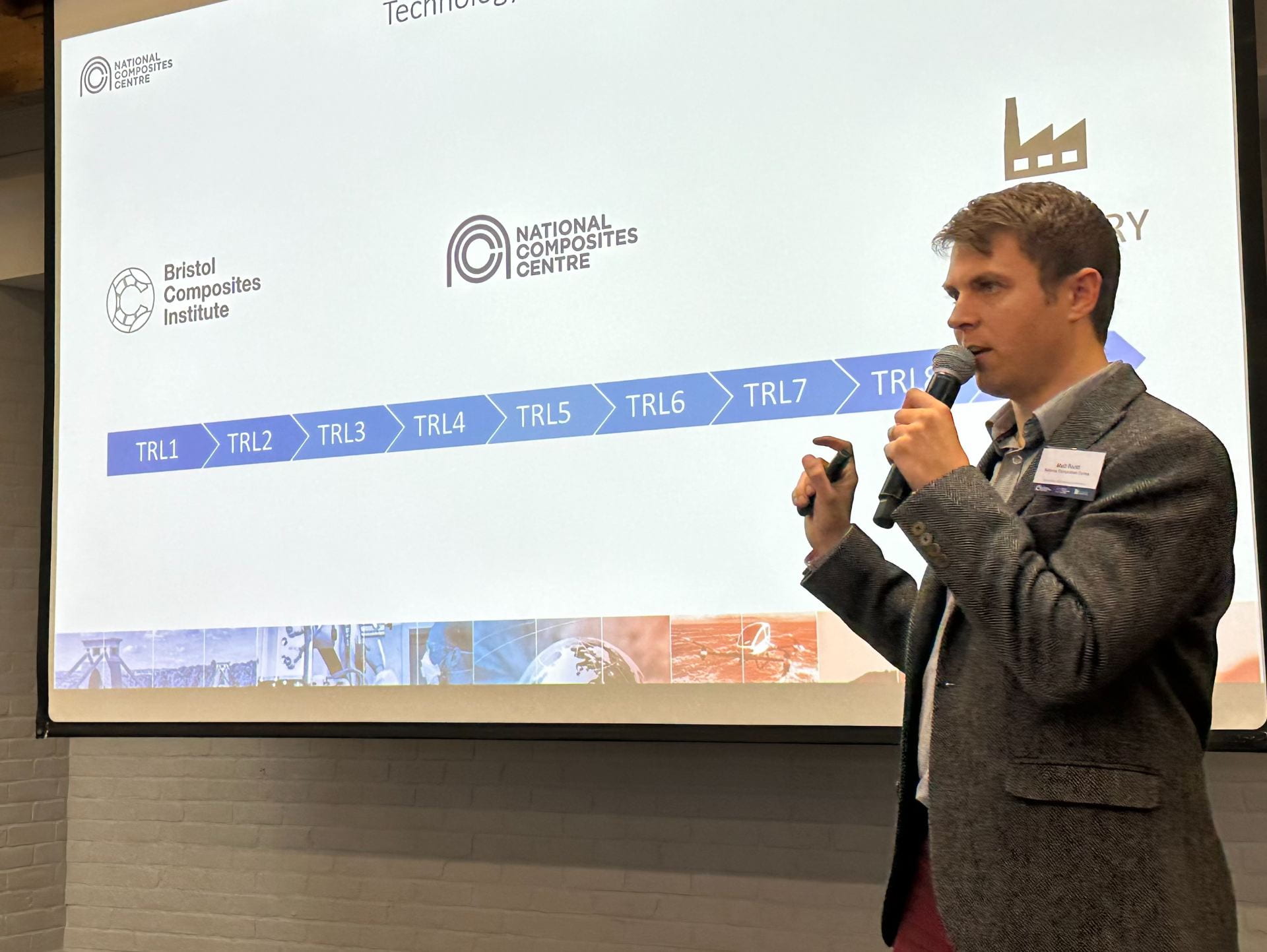The BCI’s biannual Industry Advisory Board took place on Friday 17th November. This meeting’s aim was to build on past discussions which have contributed the new BCI Strategy and to focus on, ‘How to work effectively with industry’.
Prior to gathering, all industry members were requested to complete a survey around collaboration and engagement with the University of Bristol – if you are also interested in sending us your views the survey can be found here: https://tinyurl.com/pyacfcjr
Discussion focussed around the importance of open communication and the mutual benefit that can be achieved from collaborations between industry and academia. Following feedback around items that would be useful to industry, the BCI looks forward to creating an a calendar to show opportunities for engagement across the year and to map all technical activities within the Institute. Watch this space!
We look forward to our next meeting in late springtime 2024 and continue to listen closely to our IAB as we work toward implementing our Institute Strategy.



